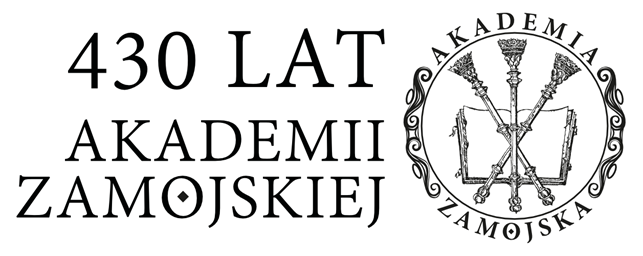Kolonialne theatrum mundi w „Jądrze ciemności” Josepha Conrada i „Il giovane maronita” Alessandro Spiny
Un theatrum mundi coloniale in “Cuore di tenebra” di Joseph Conrad e “Il giovane maronita” di Alessandro Spina
Abstrakt
Celem artykułu jest dokonanie analizy komparatystycznej Jądro ciemności Josepha Conrada oraz Il giovane maronita Alessandro Spiny, autora syryjsko-włoskiego, przy
zastosowaniu toposu theatrum mundi. W swoich dziełach zarówno Conrad, jak i Spina zdają się przedstawiać życie w sercu kolonialnej Afryki i włoskiego kolonializmu w Libii jako grę na scenie teatru świata. Obaj pisarze podkreślają również przemianę tragicznego, kolonialnego życia bohaterów-marionetek w rodzaj zejścia do piekła,
koncentrując się na wizualnym i akustycznym aspekcie teatralnej rzeczywistości. Wykorzystanie ciszy w powieści Conrada może przywodzić na myśl teatr pantomimy,
natomiast liczne głosy w powieści Spiny przypominają arie operowe, wspomniane expressis verbis w analizowanym utworze. Narracyjny głos Marlowa, który w Jądrze
ciemności odgrywa rolę greckiego chóru, silnie kontrastuje z milczeniem tubylców i Bachtinowską polifonią Il giovane maronita. Zarówno Conrad, jak i Spina, zgłębiając
rzeczywistość geopolityczną i wykorzystując techniki metateatralne, zgodnie potępiają europejski kolonializm.
Słowa kluczowe:
Joseph Conrad, Alessandro Spina, kolonializm, teatr świataSzczegóły
Bibliografia
Statystyki
Autorzy
Zasady cytowania
Licencja

Utwór dostępny jest na licencji Creative Commons Uznanie autorstwa 4.0 Międzynarodowe.


 Język Polski
Język Polski
 English
English
 Русский
Русский
 Slovenčina
Slovenčina
 Hrvatski
Hrvatski
